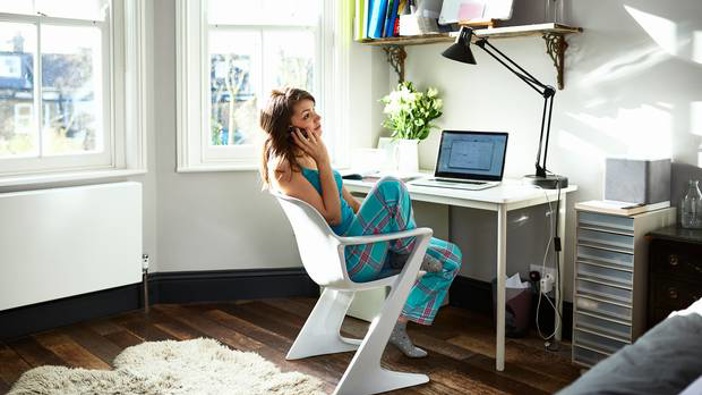Follow
the podcast on


Although Working from Home might have been new for many of us under Covid, research in the area has been going on for decades. This international research, combined with studies carried out in New Zealand over the past 4 years, notably by Prof Jarrod Harr at Massey Uni, is pretty clear that from a wellbeing and productivity perspective the hybrid model of working is better than working in the office 100% or working from home 100%. Hybrid working gives the best of both worlds – 2 or 3 days in the office and 2 or 3 days at home.
Advantages of hybrid working include:
- An increased sense of autonomy for workers – you have some choice over when/where/how you work. Higher levels of autonomy are associated with higher levels of wellbeing.
- Less stress and better work-life balance.
- You still get the advantage of social interactions when in the office.
Working from Home 100% of the time isn’t ideal – people report higher rates of low mood and loneliness. Also, higher rates of burnout, possibly due to not having clear stop/start times. Working from the office 100% of the time reduces autonomy and has poorer work-life balance.
The disadvantage of the hybrid model is not everyone’s job allows them to work from home for 2-3 days per week and these people see others as getting a perk they don’t have.
LISTEN ABOVE
Take your Radio, Podcasts and Music with you









